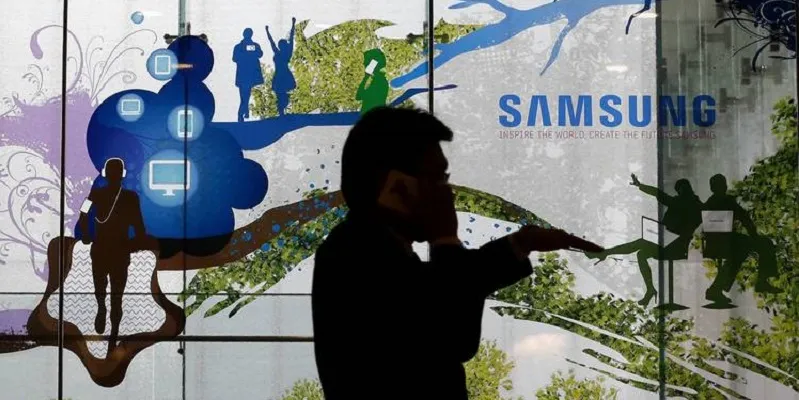Samsung Pay might be coming to India — here’s what you need to know about it
With domestic companies already cashing in on the country's cash crunch, a Mashable report stating that Samsung might be working to bring its e-payment solution Samsung Pay to India in the first half of 2017 has caused a stir.

Presently collaborating with American Express (AMEX), the South Korean conglomerate is also exploring opportunities with other card network giants to bring the solution to India. Samsung started testing the service in India in December last year.
So what is Samsung Pay?
Like rivals Android Pay and Google Pay, this is a platform that allows individuals to pay for goods and services by waving the Samsung device near a point of sale (PoS) machine. However, using near-field communication-enabled PoS machines, which Indian retail heavily lacks, how will Samsung be able to make a dent with its e-payment solution?
Is it relevant to India?
Mashable claims that Samsung Pay also supports Magnetic Secure Transmission (MST), which allows the compatible smartphone or mobile device to send magnetic signals to the payment terminal’s card reader. This is similar to the magnetic stripe and means that the existing terminals in the country can support Samsung Pay, as the solution allows users to store their credit, debit, and other reward cards for transactions. The user can authenticate the transactions either through a pin or a fingerprint sensor.
Do you have the right Samsung smartphone?
The solution works only with higher-end Samsung smartphones like the Galaxy S7, S7 Edge, S6 Edge+, S6, S6 Edge, S6 Active, and Galaxy Note 5. It is also available with Samsung’s wearable Samsung Gear S2, but only for transactions on NFC terminals.
Is it secure?
Samsung Pay does not store the account or credit card numbers of cards on the device, instead using tokenisation for transactions. Each time a purchase is made, the first number generated is a 16-digit token that represents the credit or debit card number, while the second piece is a one-time code or cryptogram that's generated by the phone's encryption key.
Some of the major differences for Samsung Pay, when compared to Apple and Android Pay, are that it holds a pin authentication along with working on magnetic stripes and EMV terminals.
This also creates quite an opportunity for Samsung and the other platforms, with the National Highways Authority of India (NHAI) pushing for digital payments utilising technologies like RFID tags, Bluetooth low energy devices, WiFi- and 4G LTE-enabled devices as well as cards.







